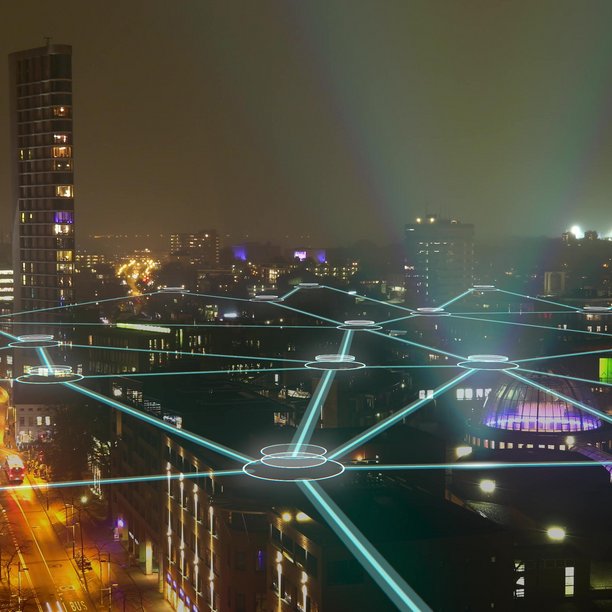New energy institute ������ý develops smart solutions for energy storage and conversion
EIRES sees energy innovation as a way out of the current economic crisis.
The Netherlands and the world face an enormous and urgent challenge when it comes to the energy transition. Eindhoven University of Technology (������ý) believes we can only meet this challenge by working with the high-tech industry to develop decentralized and smart solutions for the conversion and storage of energy. The university is therefore investing 10 million euros in the establishment of a new energy institute, the Eindhoven Institute for Renewable Energy Systems (EIRES). ������ý president Robert-Jan Smits announced this on August 31 during the of the academic year.
"As a university, we take our responsibility to contribute to the energy transition. We have excellent researchers in the field of energy storage and conversion, among other things. Moreover, the Brainport Regio Eindhoven has a fantastic high-tech and manufacturing industry that can help with the energy transition. We are joining these forces in this new institute," says Smits.
A good example of this cooperation is the Dutch Electrolyzer consortium, one of the four key projects that EIRES is developing together with industry (see info boxes below).
Smart storage and conversion
"Sustainable energy sounds like a nice idea," says , scientific director of EIRES, "but the wind doesn't always blow when you want it, and the sun doesn't always shine either. What's more, sometimes you want energy in a form other than electricity. To make sure that you always get the energy that you need where and when you need it, you need smart storage and conversion".
"With these projects we are trying to rise to the biggest challenge of the energy transition: making the energy, transport and chemical sectors sustainable all at the same time. So it's not only about energy, but also about sustainable and high-quality raw materials for chemistry".
Profiting from the energy transition
To meet this challenge, EIRES does not look for large-scale solutions, on the contrary. "We find that by making lots of small, smart devices that can easily be integrated into companies or homes, we are able to learn and scale up quickly," says , managing director of the new institute. "That works much better than large capital-intensive installations. As far as we are concerned, therefore, the solution lies not so much in large dimensions, but in large numbers".
According to Boneschanscher, the energy transition in the Netherlands will only succeed if we look beyond existing business models. "Energy suppliers are working on electrification and grid reinforcement, oil and gas companies want to supply hydrogen or green molecules. This all requires the large-scale production of high-tech systems, which we are currently importing from abroad. If we carry on like this, the Netherlands will miss out on the opportunity to really make a profit from the energy transition. And that would be a shame, especially now that we are in the midst of an economic crisis".
Research programs
EIRES has four research programs: Chemistry for Sustainable Energy Systems, Engineering for Sustainable Energy Systems, Systems for Sustainable Heat and Systems Integration. Each program brings together the knowledge and expertise of two or more of the six participating departments (Applied Physics, Built Environment, Chemical Engineering & Chemistry, Electrical Engineering, Mechanical Engineering, and Industrial Engineering & Innovation Sciences) and is headed by two principal researchers.
Investment
Over the next five years, ������ý will invest 10 million euros in the new institute, attracting four new professors and eleven new university (senior) lecturers. EIRES is the second institute to be established by ������ý in a short period of time. Last year, the university launched EAISI, the institute for research into artificial intelligence. The multidisciplinary institutes underline the importance the ������ý attaches to cooperation with industry for solving major societal issues.
More information about the new institute can be found on the EIRES website and in this .
![[Translate to Engels:] Image produced by Sensu Productions](https://assets.w3.tue.nl/w/fileadmin/_processed_/1/9/csm_electrolyzer%20links_c527041ccb.jpg)
